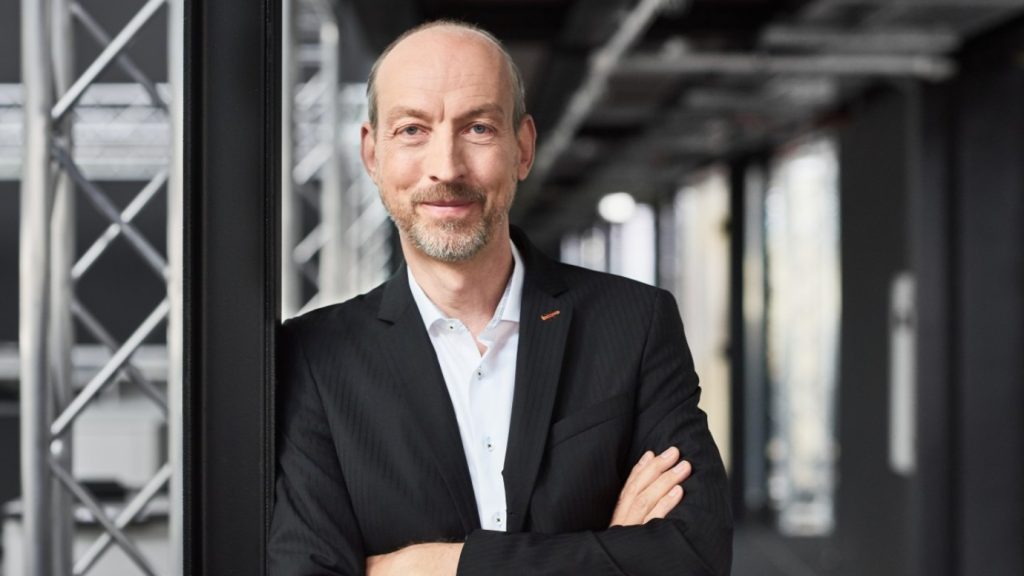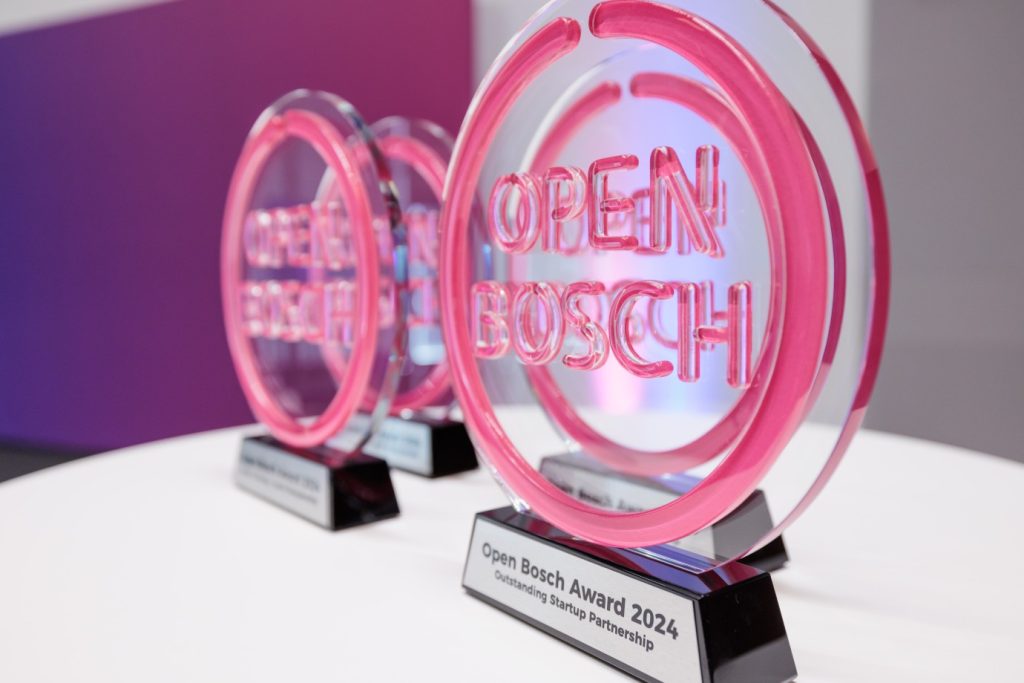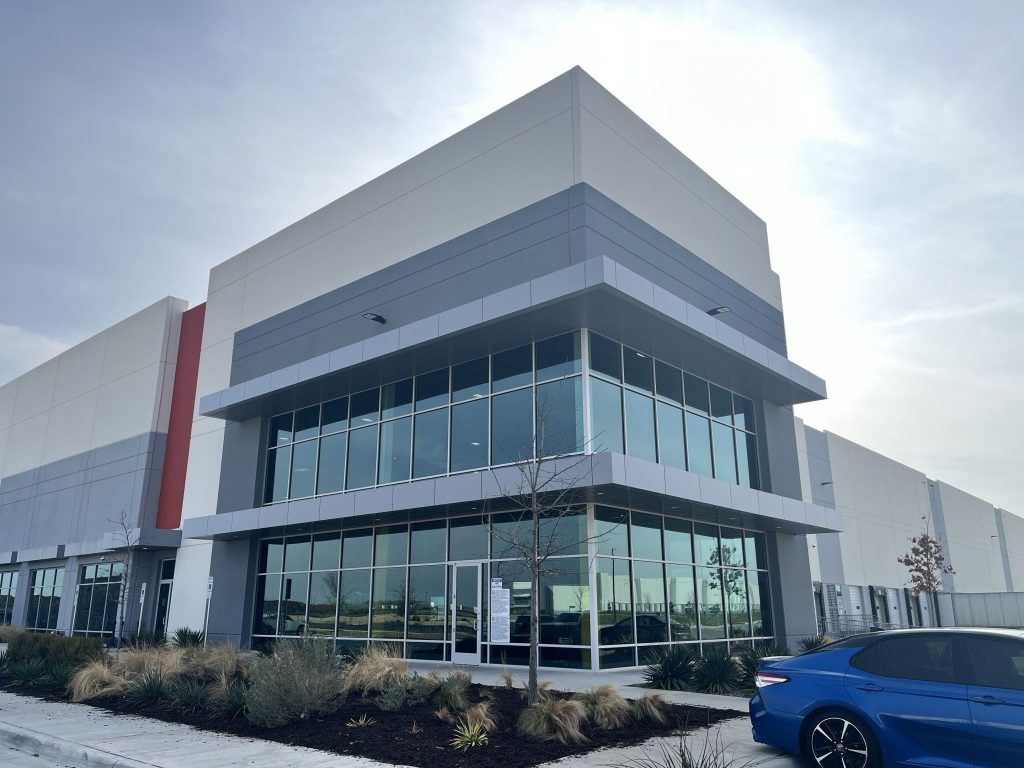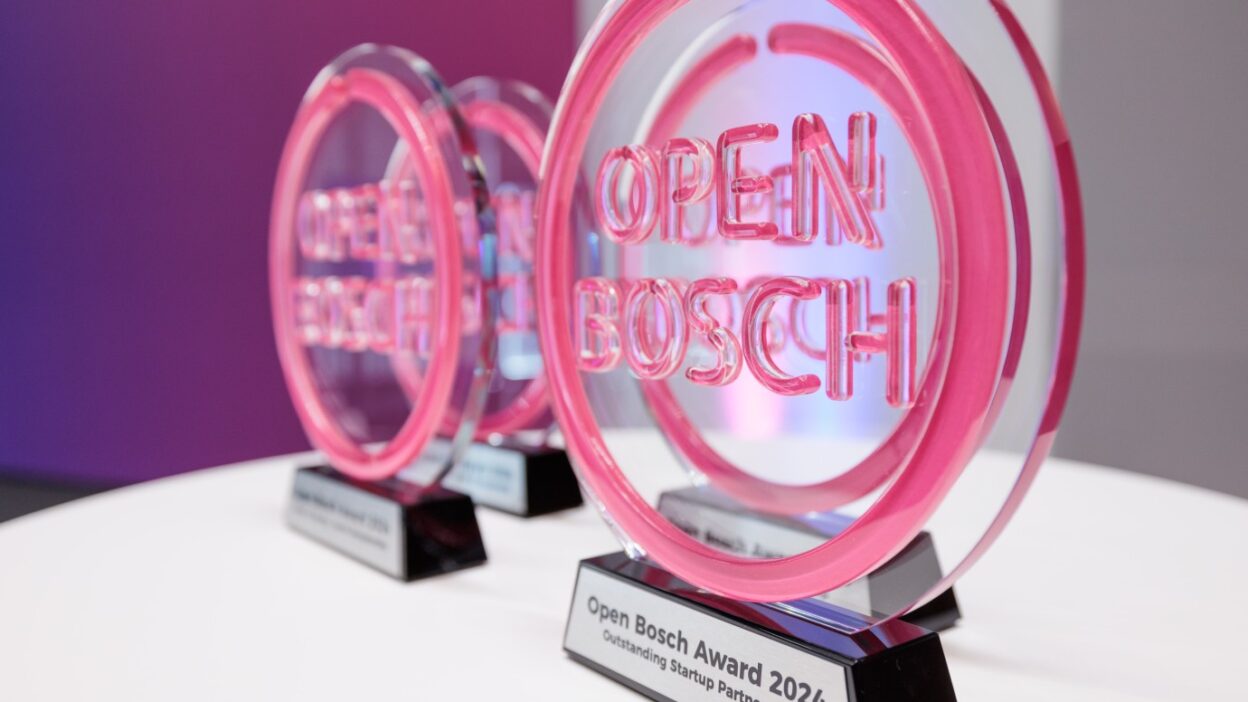Bosch Ventures, the corporate investment arm of German technology supplier Robert Bosch GmbH, has announced a new €250 million venture capital fund to support startups developing breakthrough technologies. Introduced during Bosch’s 2024 annual financial presentation, the fund reinforces the company’s long-term strategy of supporting early-stage innovation, even amid global economic turbulence. Bosch CEO Stefan Hartung emphasized that such investments serve both societal and internal strategic goals: “Startups can boost innovation in a way that delivers important growth impetus for a country’s economy.”
How does 3DPI content meet your needs and help you in your job? How can we improve? Take the reader survey now.
The new fund will expand Bosch Ventures’ existing portfolio by focusing on areas with long-term technological and environmental impact. Since 2007, Bosch’s investment arm has prioritized companies developing solutions in artificial intelligence and energy efficiency, aligned with its broader objectives of sustainable mobility and climate-neutral technology. According to managing director Ingo Ramesohl, “We invest in particular in deep-tech startups, which are based on scientific breakthroughs or technological innovations.”


Startup screening and selection takes place through Bosch Ventures’ global network, which includes offices in Boston, Sunnyvale, Tel Aviv, Shanghai, Stuttgart, and Frankfurt. Investment professionals at these locations assess more than 2,000 startups annually. From this pool, approximately 100 are shortlisted, with six to ten ultimately receiving financial support and operational guidance. Ramesohl stated that being embedded in local ecosystems enables the team to identify disruptive technologies with high-impact potential across diverse markets.
Collaboration between startups and Bosch’s internal divisions is facilitated by Open Bosch, a program launched in 2018 to integrate early-stage technologies into corporate workflows. The initiative allows selected startups to act as suppliers, customers, or technology partners. In return, Bosch gains access to emerging tools and platforms that may enhance its innovation pipeline. Hundreds of partnerships have been formed through this program. “This win-win partnership enables Bosch to strengthen and secure its innovation efficiency and support the company’s long-term success,” said Ramesohl.


More than 60 companies currently comprise the active Bosch Ventures portfolio. Notable investments include U.S.-based Xometry, a platform for on-demand industrial parts, and IonQ, a quantum computing firm that completed a public listing. Additional stakes include Quantum Motion in the United Kingdom, Aleph Alpha in Germany, Arduino in Italy, and battery recycling startup Jin Sheng in China. The firm also holds equity in TrunkTech, a developer of autonomous vehicle technologies, and Syntiant and Motive, which operate in the edge AI and fleet management sectors respectively.
AI Investment Expands in Manufacturing Infrastructure and Software Platforms
Siemens, the German industrial technology firm specializing in automation and electrification, has announced over $10 billion in investments to expand its presence in the United States. The initiative includes two new manufacturing facilities in Fort Worth, Texas, and Pomona, California, totaling $285 million and projected to generate more than 900 skilled jobs. These sites will produce electrical equipment for industrial and construction applications and supply hardware for AI data centers. Siemens also acquired a U.S. software firm as part of its broader strategy to support domestic production and expand AI-related capabilities across its operational footprint.
Meanwhile, 3D Spark, a Hamburg-based B2B software startup focused on industrial manufacturing and procurement, secured €2 million in seed funding to expand its AI-powered decision-making platform. The round was led by Swedish investor Triplefair, alongside Fraunhofer Technologie-Transfer Fonds and Innovationsstarter Fonds Hamburg. 3D Spark’s platform provides manufacturability analysis, cost estimation, quoting features with market pricing, and CO₂ tracking. It supports over 15 manufacturing technologies, including 3D printing, casting, milling, and sheet metal fabrication. Customers using the platform include Alstom, Deutsche Bahn, ÖBB, and Siemens Mobility.


Ready to discover who won the 2024 3D Printing Industry Awards?
Subscribe to the 3D Printing Industry newsletter to stay updated with the latest news and insights.
Featured image shows the Open Bosch Award. Photo via Bosch.



